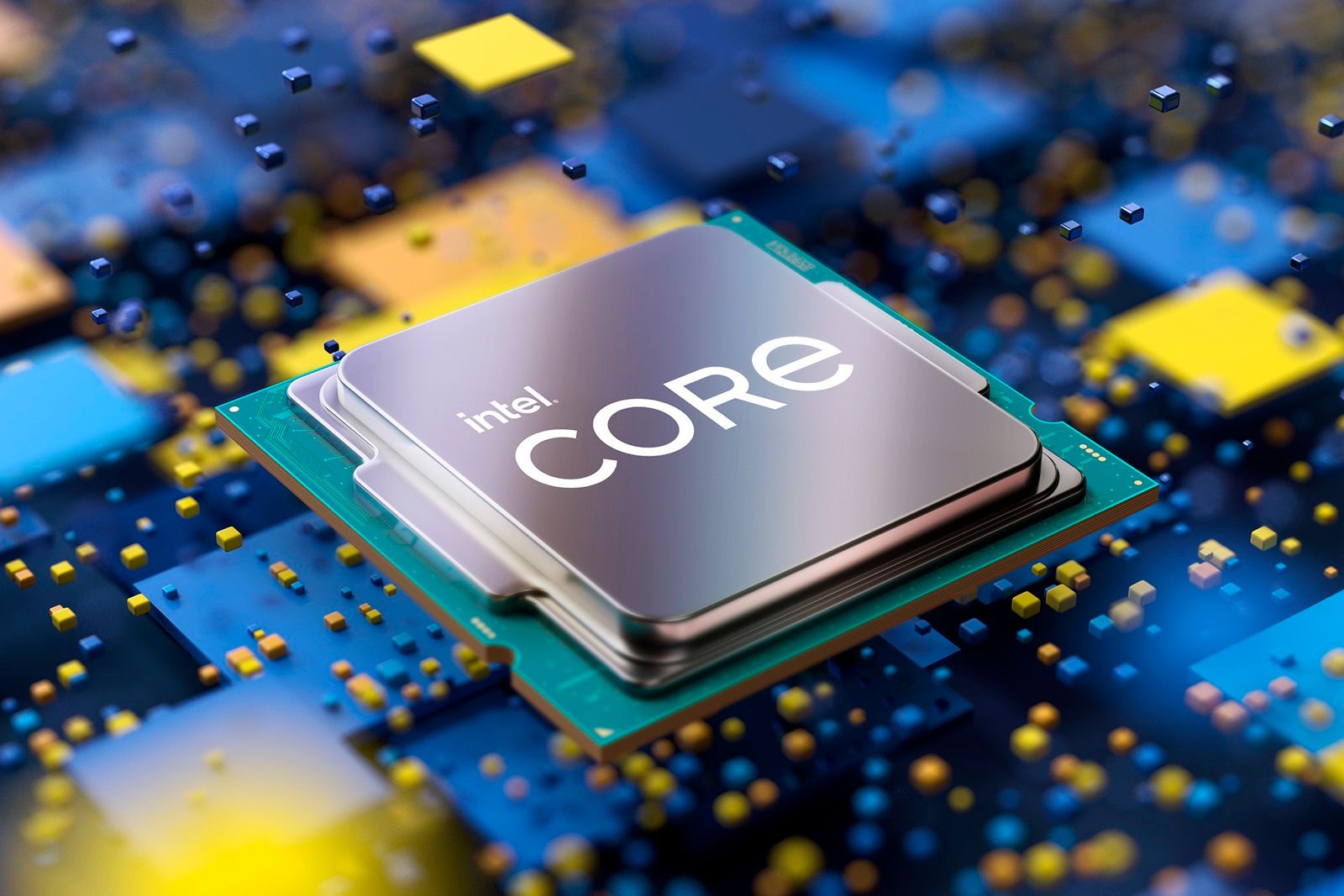Intel has debuted its long-anticipated 11th generation Core processors for desktop. We got the laptop variants in 2020, but now it's time for powerful desktop CPUs to take the stage, led by the eight-core, 16 thread Intel Core i9-11900K which can ramp up to a whopping 5.3GHz.
Those clockspeeds can be reached using Intel's Thermal Velocity Boost tech which is over and above the speed increase from Turbo Boost. Basically the 'thermal' is the key bit as it depends on the processor being cool enough to cope. It's unlocked though, so is ripe for overclocking.
Codenamed Rocket Lake-S, the highest performance cores are slated as having nearly a fifth more performance compared with the last generation. Intel still dominates desktop and laptop sales, but it faces a battle on the performance front from AMD's Zen 3 microarchitecture inside the Ryzen 5000 series.
The newly launched Intel Rocket Lake-S chips support up to DDR4-3200 memory, feature 20 PCIe 4.0 lanes, Intel Quick Sync Video, Integrated HDMI 2.0 support plus discrete Thunderbolt 4 and Intel Wi-Fi 6E support.
Integrated graphics performance is up by as much as 50 percent thanks to the latest-gen Intel Xe graphics performance.
Expect to see the new 11th gen desktop chips in systems soon.
Intel's latest are using the new Cypress Cove core design, which is a variant of the predecessor Sunny Cove based on the 14nm process. That's some way behind AMD's 7nm process manufactured by Taiwan's TSMC and we know that Intel is struggling to catch up.
However, we are expecting Alder Lake, a 10nm hybrid architecture, to launch later in 2021 with DDR5 support - indeed, Intel trailed this at its CES 2021 keynote. We presume that will be referred to as 12th generation Core. Intel is saying the next generation will be a "breakthrough in x86 architecture" thanks to a combination between performance and power-efficient cores.

